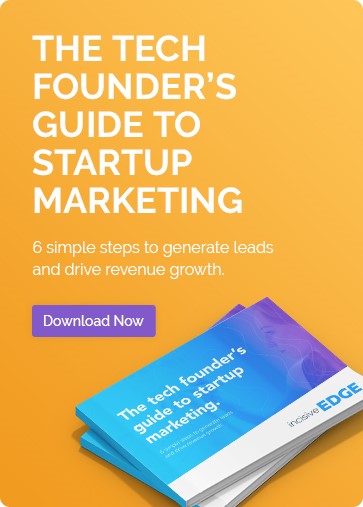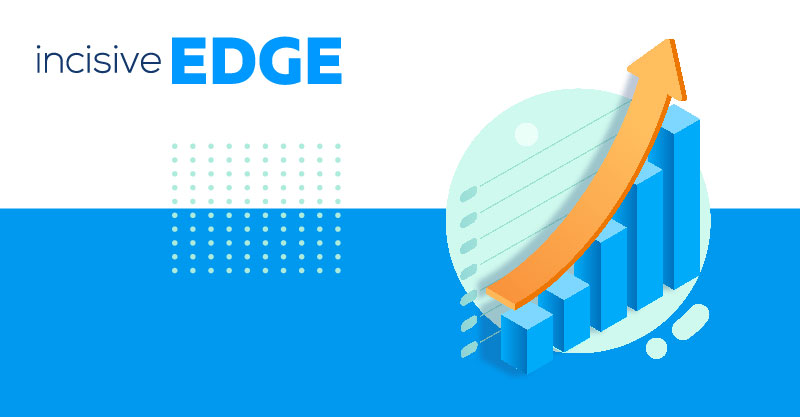B2B marketing is one of those disciplines that never wants to stand still, and with the recent rise in the number of chatbots that are providing new marketing automation capabilities, there is yet another trend that we must all be aware of.
So, let’s begin by answering the most pressing question – what are chatbots?
What Are Chatbots?
Chatbots are integral to existing messenger platforms, serving as enhancements for marketing efforts, marketing campaigns, and business-to-business marketing. They possess the capacity to deliver automated, intelligent responses to queries from a business's online customers, all while mimicking authentic human conversation and offering the most fitting answers to their questions.
From a B2B marketing perspective, deploying chatbots means that customers can make useful and engaging contact with brands around the clock, and enjoy a seamless user experience even out of normal working hours. Indeed, when using chatbots, the B2B marketing team knows that its customers will have direct and instantaneous access to information as and when they need it, whilst simultaneously cutting down on the man-hours required to staff and manage a direct messenger service.
Check out the following articles to learn more about B2B marketing:
- What Is B2B Inbound Marketing? The Complete 2023 Guide
- Effective B2B Marketing Campaigns: 6 Great Examples
- The Role & Power of B2B Branding: All You Need to Know
- The 6 Best B2B Marketing Channels for B2B Companies
Don’t People Hate Talking to Robots?
It’s true that most people want and expect to talk to a real person on the phone, but this isn’t necessarily the same for online communication. Indeed, recent research reveals that many consumers are already quite comfortable – and indeed quite positive – about using chatbots to communicate with companies, articulating a number of benefits that the technology facilitates.

Taking the top four answers from the survey, we can see that consumers believe that there is much convenience to be enabled through the deployment of chatbots – 24-hour service (68%), quick answers (64%), instant responses (51%) and overall convenience for the customer (50%).
As we read down the list, however, we understand that consumers don’t really believe that chatbots are able to deal with more complex issues, such as registering a complaint (28%) or receiving detailed answers to queries (14%).
That being said, a separate question from the survey – one that asked consumers what they think the most useful applications of chatbots would be – reveals that, aside from being able to get quick answers (46%), 40% would be happy to use chatbots to track down the right human being to talk to (and thusly solve their more complex issues).

The results suggest that chatbots would be equally useful in automating similar B2B marketing initiatives, too, extending their reach to the target audience through various marketing channels. Providing customers with a permanently accessible communication tool for quick responses to simple questions and seamless forwarding of more complex concerns to the most appropriate human representative is a universal advantage. Social media marketing alongside B2B marketing players are quickly beginning to realise that chatbots needn't be the reserve of B2C.
Uses for Chatbots in B2B Marketing
In practical terms, we need to ask ourselves – how, exactly, could chatbots be used to improve B2B marketing practices?
Well, there are numerous occasions – and, at their heart, the improvements come down to one of the most fundamental purposes of all inbound marketing initiatives: the education of end users.
As a tech company providing a digital solution for B2B customers, you will of course be employing a range of inbound marketing techniques to provide users and potential users with the essential information they need to get the most out of your product. Which is to say that you will be producing a significant catalogue of content that answers the most important questions that your users have.
Chatbots can just as easily be deployed to answer those questions. For example, your B2B customers could consult your chatbot about a specific product, feature or upgrade of your service, and the bot will “happily” and instantaneously conjure up the most relevant answers. The bot could even let customers know about pricing options without the customer ever having to consult a salesperson – and what a boost in productivity such a thing would enable.
Alternatively, the chatbot could guide the customer towards your already-invested B2B marketing content, aiding in the digital marketing efforts. Many websites now incorporate search bars to assist users in finding relevant content that addresses their queries. Chatbots excel in improving this search engine optimization and facilitating a smoother buying process, offering enhanced accuracy and customer-friendly interactions.
Indeed, in this vein, chatbots could also be used for lead generation.
Here’s a scenario – a prospect comes to your website and wants to know more about the additional features you offer in your premium tier solution. So they consult your chatbot, which says “No problemo – we’ve got a guide outlining all the relevant info you need. Tell me your email address and I’ll get it sent to you immediately.” Boom – the lead is captured.
Chatbots Create Personalised Dialogues with Customers
Already we’re seeing chatbots being put to good use in the B2B space. Last year, accounting giant Sage announced the beta launch of its new chatbot Pegg – a “smart assistant who lives where you work and lets you manage your business admin through your favourite messaging apps”.
Pegg assists Sage's small business customers in their accounting, seamlessly integrating influencer marketing and social media networks. Rather than going online or opening the Sage app to input business-related monetary transactions – whether you're a freelancer receiving payment or an executive dining on a business lunch – users can simply message Pegg with the amounts, and the chatbot will handle all the necessary filing.

Notice the personal touch and – most importantly of all – the personalised data that the chatbot is putting to use. Indeed, when it comes to the B2B realm, chatbots are extremely useful for streamlining business processes. And they do so accurately. As Daily FinTech describes the rising chatbot phenomenon:
"Chatbots [...] have the ability to create a personalised, real-time dialogue with a customer that's actually effective in enhancing brand loyalty. No more worrying if that real-life customer support agent actually processed your form or actioned your request, or if that payment you sent through actually made it to your supplier. This also contributes to search engines finding your brand. That's the magic of automation – it just happens."
[inline-form theme:orange title: Free eBook button:Download] 40 of the Top SaaS Marketing Automation Tools [/inline-form]
Unlocking a New Era of B2B Marketing
It’s true – the magic of automation is beneficial in so many ways in the realms of B2B marketing. Whilst chatbots are busy handling all the simple queries from customers – all whilst gathering actionable consumer data, improving accuracy, and keeping an active and personalised online presence for the company around the clock – B2B marketing teams are freed up to generate new ideas and create new marketing content that will continue to improve lead generation and conversion rates. It’s no wonder that Oracle reports that 80% of companies will be using chatbots for customer interactions by 2020. Chatbots are set to be one of the most transformative elements of B2B marketing in the coming years.










